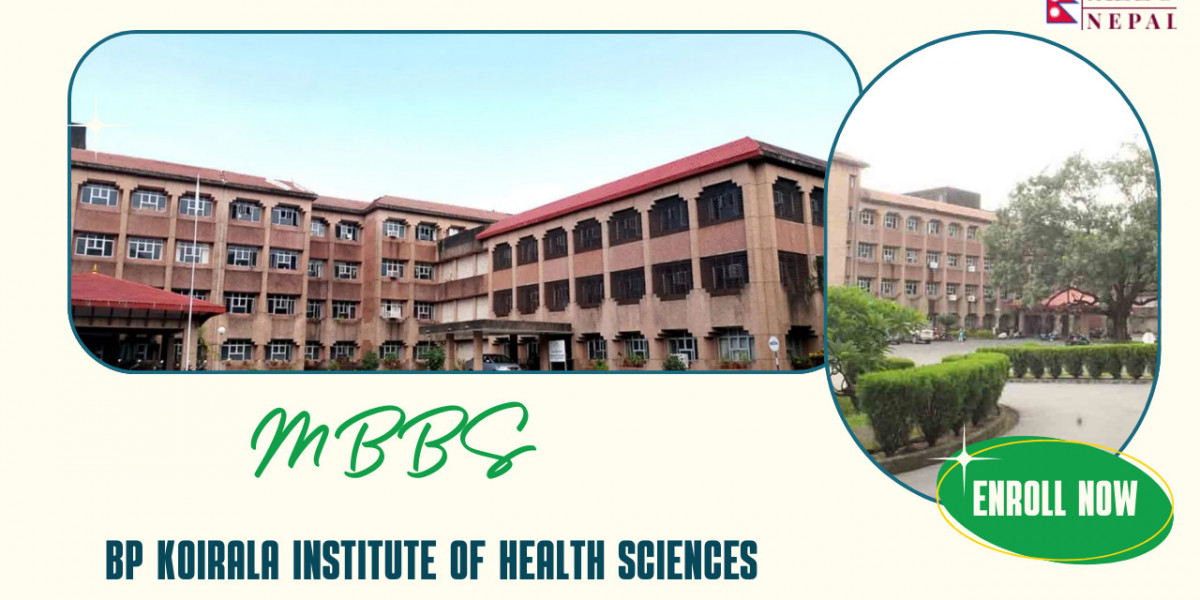Quality control (QC) in the pharmaceutical industry is essential to ensure the safety, efficacy, and consistency of all products—especially liquid drugs and syrups. A quality control test for syrup is a specialized procedure designed to verify that these liquid formulations meet strict regulatory and safety standards. Given their composition, liquid medications demand a unique set of QC measures that go beyond those required for solid dosage forms.
Why Quality Control Matters for Liquid Pharmaceuticals
Liquid drugs present challenges such as microbial contamination, physical instability, and inconsistent dosing. Unlike tablets or capsules, syrups often contain water or sugar bases that make them more susceptible to degradation. Therefore, targeted quality control procedures are crucial to uphold product integrity throughout its shelf life.
Essential Quality Control Tests for Liquid Drugs and Syrups
1. Viscosity Testing
Viscosity affects the flow, pourability, and dosing accuracy of syrups. Maintaining an optimal viscosity range ensures that the medication is easy to measure and consume. Instruments like viscometers are used to monitor this critical parameter.
2. Assay of Active Ingredients
High-performance liquid chromatography (HPLC) or UV spectroscopy is used to measure the concentration of active pharmaceutical ingredients (APIs) in the syrup. This ensures therapeutic consistency across batches.
3. pH Measurement
The pH level of a syrup affects its chemical stability, taste, and preservative effectiveness. A pH that’s too low or high can lead to degradation or reduced efficacy.
4. Microbial Limit Testing
Because syrups can be a breeding ground for microbes, stringent microbial limit tests are conducted to detect the presence of harmful bacteria, yeast, or mold. These tests confirm compliance with pharmacopeial standards.
5. Preservative Efficacy Testing
This ensures that the preservatives in the syrup maintain antimicrobial activity throughout the product’s shelf life, protecting it from contamination after opening.
6. Stability Testing
Stability studies simulate long-term and accelerated conditions to evaluate how the syrup's physical, chemical, and microbial properties hold up over time. This determines the product’s expiration date.
7. Physical and Sensory Evaluation
QC teams inspect the syrup for color, clarity, and absence of particulate matter. Taste and odor may also be assessed to ensure patient compliance.
8. Packaging and Labeling Checks
Packaging integrity is verified through leak tests and seal checks, while labeling accuracy is reviewed to ensure compliance with regulatory guidelines.
Conclusion
Pharmaceutical QC measures for liquid drugs and syrups are essential to guarantee product safety, effectiveness, and compliance with global standards. Each quality control test for syrup plays a vital role in ensuring that patients receive medications that are both safe and consistent. Through rigorous testing and evaluation, the pharmaceutical industry continues to build trust and reliability in liquid drug formulations.
FOLLOW MORE INFO: https://isspllab.com/why-syrup-testing-matters-quality-control-for-liquid-medications/










